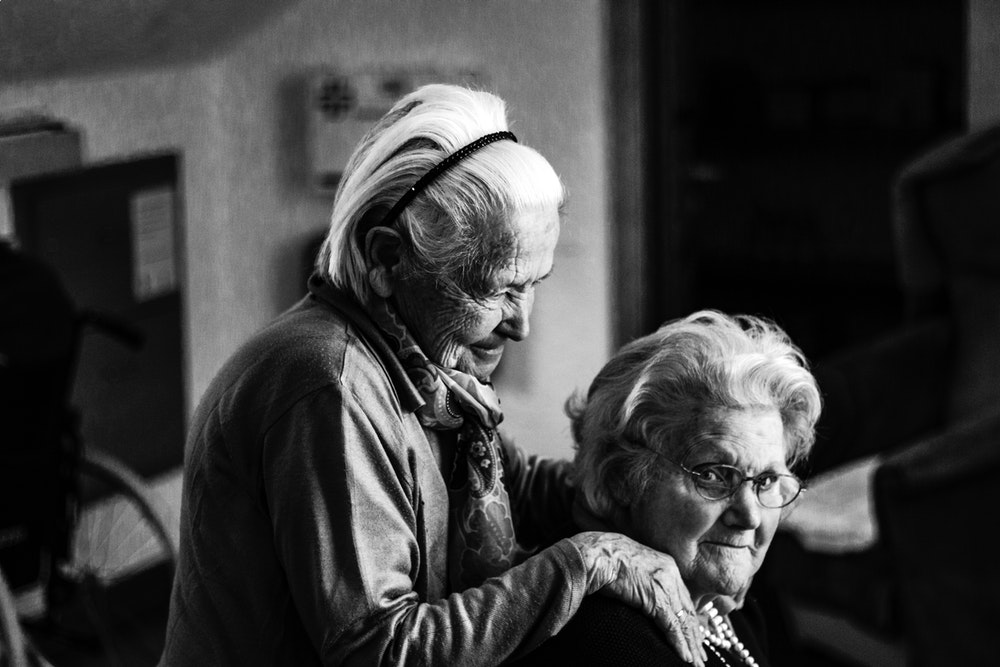In this article, I’d like to answer the questions like “what is friendship?”, “what is a friend?”. If you understand the meaning of friendship, you’re better off in making friends. It’s especially important because it give you a clear idea of what to expect from a friendship.
If you expect things from a friendship, that aren’t what you should really expect, then that’s a recipe for disappointment and discouragement.
This article is not about how to make friends, but rather a little bit of theory on what friendship actually means.
Friendship Is A Special Type of Relationship
Friendship is a type of relationship that is voluntary, flexible, dynamic, and unconstrained. It fulfills important personal needs, like inclusion, affection, and affirmation of your identity.
Friendship is a choice: With a friend, you don’t have genetic ties, like with family members; you don’t have professional ties, like with coworkers. You can freely choose the friends you keep and the ones you let go.
Friendship is fragile: Because it’s a “no strings attached” type of relationship, it’s easier to break or abandon. This is why it requires some conscious effort from you regarding keeping in touch, meeting, and growing the friendship.
This makes it an ultimate affirmation of who you are: If friendship requires effort and time, then you naturally want to be friends with people who are worth it. After all, your energy and time are limited.
When you “put the lines in the sand” and choose friends, you’re also affirming what your values are, what you stand for, what’s important to you, and what you will or will not accept.
All that adds a tremendous amount of confidence and power to your personality, which makes you even more attractive to high quality friends.
Friendship Is A Flexible Relationship

Friendship is flexible and dynamic: Even if it’s fragile, friendship can adapt to life events.
For example, a friend you used to see twice a week can move away, and you’d start to talk online or on the phone, once a month or so. The frequency of interaction can change in friendship, it doesn’t mean it will break it.
The type of interaction can also change. For example, a friend with whom you used to share your goals and achievements can stop being as supportive as you’d like them to be. They may stop being as ambitious for example. In that case, you can remain friends but you’ll be sharing less of your aspirations and goals. The type of interaction can change, but the friendship is still there.
Another example would be if you had a friend that was always available to go out for a drink, then one day they’re not. Maybe they have a side project they need to kick off, maybe they got married or something. This can totally change your friendship habits, but the friendship itself can stay alive.
So, this flexibility in friendship also gives it a certain strength, which is cool. Sometimes, you can keep a friend for years or decades, despite the circumstances.
What Is Friendship? It’s A Type Of Love

CS Lewis, in his famous book, The Four Loves, mentioned friendship as a type of love, along with romantic, family, and universal love. Although non-romantic and non-sexual, friendship is a relationship with real affection toward the other. You love your friend for who he or she is and for their “good”-ness, whatever that “good” might mean to you. You love them for their merits, qualities, and what they stand for.
Get included: Friendship is the relationship that makes you feel included in something bigger than yourself. No one wants to be a lone wolf all their life, friendship lets you be surrounded by “your kind of people.”
In friendship, we all win: When you’re involved in a friendship that is characterized by honesty, each friend wants the best for the other. There can be some competition, where you don’t want to be left behind too much. But that doesn’t prevent you from wanting them to succeed as well. That’s why people support each other in friendship with information, contacts, advice, and favors.
How Friendship Affects Your Emotions

It’s your emotional fuel: Friendship is where you get emotional support. And because you care about these friends, their encouragements mean a lot more than the kind you get from anyone else.
Friends are on your side – at least the right ones. For example, your boss might cheer you up, but if it’s in your interest to go look for a better job, he or she won’t encourage you to do it. A friend would do so, even before you’re ready for it yourself.
When you talk to a friend about some project of yours, and they say, “Yes, I think you can do that,” it carries more weight.
In a study, scientists found that lonely people get negatively affected emotionally (by life’s struggles), more than people who have friends. And that, even if they have as many problems as people who aren’t lonely. In other words, life’s problems make you more sad and frustrated if you don’t have any friends. And that’s because having friends “smooths out the bumps in the road” in your life.
All that “caring about you” reminds you of your worth to others, especially when you’re feeling depressed. Friendship is where you get the emotional boost that gets you going.
Go Beyond Understanding What Friendship Is
If you’d like to move beyond the theory, and start applying real-world techniques on meeting new people, holding great conversations, improving your social skills, make new friends, and build a social life, I highly recommend that you check out my methodology.
I will show you how to build your social life, whether you just moved to a new city and don’t know anyone, or you just want to build a new social life from scratch.
– Paul Sanders
